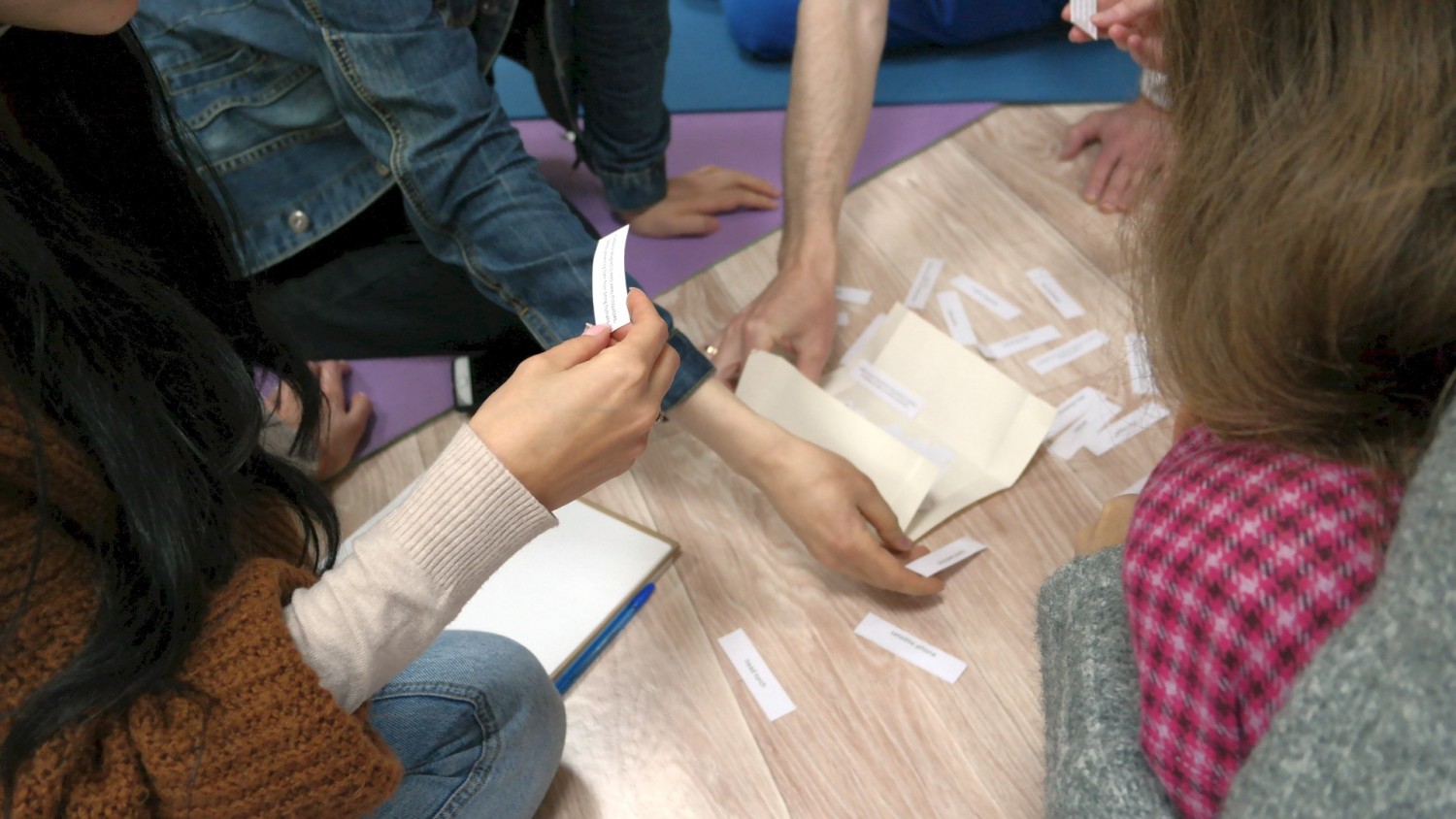If there is trust and understanding between the two parties, the negotiation will be much more successful, as will the long-term business relationship between them. In this lesson students start with a quiz which leads into a reading activity. Then they look at language in dialogues and finish with a role play.
Topic: Negotiations and building relationships
Negotiations quiz
1. In what situations do you negotiate? Who do you negotiate with? Think about both your work and your private life.
2. What’s the difference between sales techniques and negotiation techniques?
3. What makes a good negotiator?
4. How important are trust and liking in negotiations?
5. Is there an important difference between the way you might approach one-off negotiations (e.g. selling your car) and negotiations as part of a longterm business relationship?
6. How can you avoid being manipulated in a negotiation with a more experienced negotiator?
Reading: Negotiations – the basics
A. In practice, none of these defensive strategies may be necessary. Most good negotiators understand the importance of creating long-term trust and protecting their reputations, so they’ll do their best to keep you happy. This is one reason why used car salesmen aren’t as manipulative as we might expect them to be – they have a reputation to build and protect.
B. Good negotiators build strong long-term relationships. In many ways, this is even more important than the traditional ‘bargaining’ element of negotiations. If you leave the negotiation feeling defeated or cheated, you’re not going to want to negotiate with that person again. If you find out later that the other person took advantage of your naivety, again, you’re not likely to want to do business with that person. You may even try to get out of the contract you have agreed; in many situations, it is legal and normal to declare a contract null and void if you have been deceived. You’re also unlikely to recommend the deceptive negotiator to other friends and colleagues, and you may even go public with the story of your bad experience, which will damage the person’s reputation.
C. But if you do find yourself in a negotiation with a professional manipulator, what can you do to protect yourself? The three keys are awareness, preparation and control. Firstly, simply be aware of the situation and its risks. Think very carefully before making any commitments. Secondly, find out as much as you can before the negotiation, especially concerning prices – what price are other people offering for similar products and services? You also need to research your own needs very carefully, including a deep understanding of what you don’t need. Thirdly, make sure you don’t lose
control. Don’t be afraid to walk away from a negotiation if you’re not sure, and take time to discuss your concerns with friends and colleagues. Of course, the other negotiator may tell you that you can’t go away and think about it, that the decision must be made right here, right now. But that’s almost always just a bluff. In a high-stakes negotiation with a professional, a rushed decision is almost always a mistake.
D. We all negotiate all the time: with our husbands and wives, with our parents and our children, and with our friends and colleagues: What time do the kids have to go to bed?;Whose turn is it to go to the supermarket?; Can you help me with my presentation? Of course, these situations don’t always feel like negotiations, not least because these are all long-term relationships. But they have a lot more in common with professional negotiations than you might think.
E. It’s interesting that this assumption doesn’t work when buying a souvenir in a tourist resort, where long-term relationships don’t exist – one reason why you need to be especially careful in such situations. It also doesn’t really
work when you’re buying or selling your house or flat – the classic one-off sale with huge potential short-term gains for manipulators. Fortunately, most people aren’t naturally manipulative; so again, relationship-building is almost always the best approach.
F. On the other hand, the situations that we tend to think of as ‘typical negotiations’, such as buying a used car, haggling over the price of an overpriced souvenir in a tourist trap, or selling your flat, are much less typical than they seem. These are all one-off negotiations, where there’s no time or need to build long-term relationships. In business, almost all
negotiations are long-term. Both the used car salesman and the souvenir seller are using sales techniques (or sometimes manipulation tricks). Of course, selling is an important skill in life and business, as is an awareness of the tricks that other people may use. But this isn’t really what negotiations are all about.


Комментариев (0)